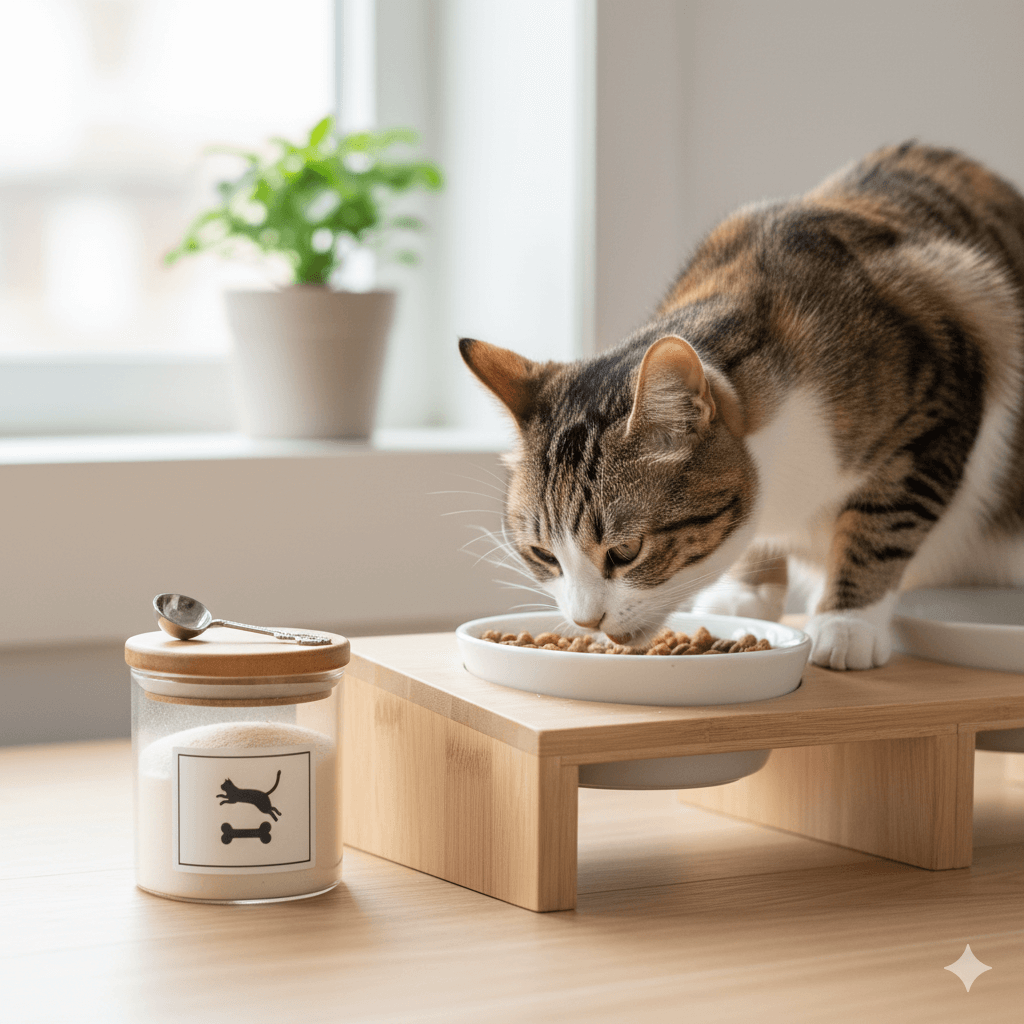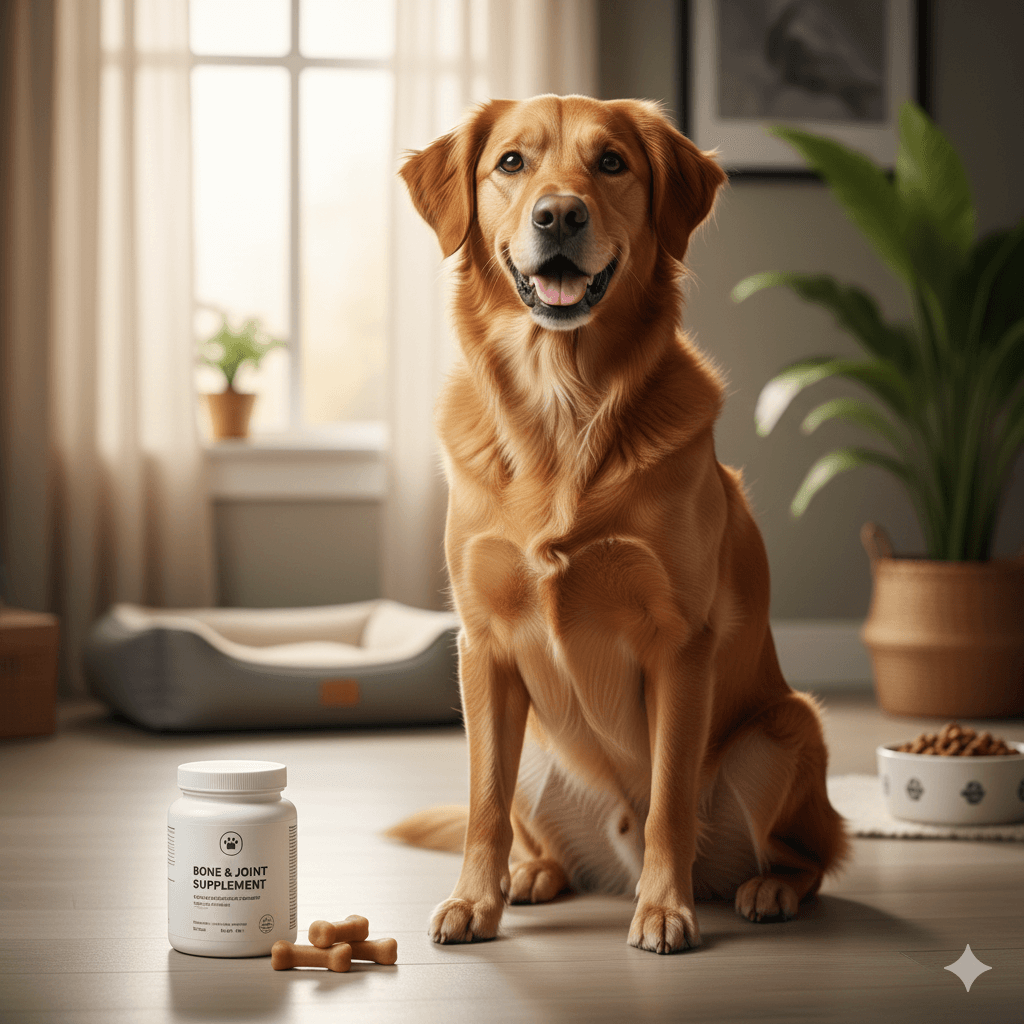Can Dogs Eat Cucumbers? A Refreshing Treat for Your Furry Friend
Cucumbers are a staple in many households, known for their refreshing crunch and hydrating properties. But what about our four-legged companions? Can dogs eat cucumbers safely, or should we keep this veggie strictly off the menu for them? As pet owners, we’re always on the lookout for healthy snacks to share with our pups, and cucumbers might just be the perfect option. In this blog post, we’ll explore whether cucumbers are safe for dogs, their nutritional benefits, potential risks, and how to serve them responsibly. Let’s dive into the juicy details!
Nutritional Benefits of Cucumbers for Dogs
Cucumbers aren’t just a tasty snack for humans; they also pack a punch when it comes to nutrition for dogs. Here’s why cucumbers can be a great addition to your dog’s diet:
Low in Calories : Cucumbers are incredibly low in calories, making them an excellent choice for dogs that need to maintain a healthy weight.
High Water Content : With over 95% water, cucumbers help keep your dog hydrated, especially during hot summer days.
Rich in Vitamins : They contain essential vitamins like vitamin K, vitamin C, and some B vitamins, which support overall health and immune function.
Mineral Boost : Cucumbers provide minerals such as potassium and magnesium, which are important for muscle and nerve function.
Fiber Source : Although not extremely high in fiber, cucumbers still contribute to digestive health when fed in moderation.
Incorporating cucumbers into your dog’s diet can be a simple way to boost their nutrient intake. However, always introduce any new food gradually and monitor your dog’s reaction.
How to Safely Serve Cucumbers to Your Dog
While cucumbers are generally safe for dogs, preparation is key to ensuring they enjoy this treat without any issues. Here’s how to serve cucumbers safely:
Wash Thoroughly : Always wash cucumbers under running water to remove dirt, pesticides, or chemicals before serving them to your dog.
Remove Seeds : Though cucumber seeds are not toxic, removing them can make digestion easier for your pup.
Cut into Bite-Sized Pieces : Slice cucumbers into small, manageable pieces to prevent choking hazards, especially for smaller breeds.
Avoid Seasonings : Never add salt, spices, or dressings to cucumbers, as these can upset your dog’s stomach or even be toxic.
Moderation is Key : Offer cucumbers as an occasional treat rather than a daily staple to avoid overfeeding.
By following these guidelines, you can ensure that your dog enjoys cucumbers safely and happily. Remember, every dog is unique, so observe how your pet reacts to this new addition.
Check this guide 👉Can Dogs Eat Edamame? Best 7 Expert Tips!
Check this guide 👉Can Dogs Eat Pepperoni? Best 7 Expert Tips!
Check this guide 👉Can Dogs Eat Nectarines? Best 7 Expert Tips!

Benefits of Feeding Cucumbers | Tips for Serving Cucumbers |
|---|---|
Hydrates due to high water content | Wash thoroughly before serving |
Low-calorie snack for weight management | Remove seeds for easier digestion |
Rich in vitamins like K and C | Cut into bite-sized pieces |
Contains minerals like potassium | Avoid adding seasonings |
Supports digestive health | Feed in moderation |
Potential Risks of Feeding Cucumbers to Dogs
While cucumbers are generally safe, there are a few potential risks to be aware of to ensure your dog stays healthy:
Choking Hazard : Large chunks of cucumber can pose a choking risk, particularly for small dogs or those prone to gulping food.
Digestive Upset : Overfeeding cucumbers may lead to diarrhea or an upset stomach due to their high water and fiber content.
Allergic Reactions : Though rare, some dogs may have sensitivities or allergies to cucumbers, resulting in symptoms like itching or vomiting.
Pesticide Exposure : Non-organic cucumbers may carry pesticide residues, which can harm your dog if ingested.
Unbalanced Diet : Relying too heavily on cucumbers could disrupt the balance of nutrients in your dog’s diet.
To minimize these risks, always feed cucumbers in moderation and prioritize organic options when possible. If you notice any adverse reactions, consult your veterinarian immediately.
Fun Ways to Incorporate Cucumbers into Your Dog’s Diet
Adding cucumbers to your dog’s diet doesn’t have to be boring! Here are some creative ways to make this treat more exciting:
Frozen Cucumber Cubes : Freeze small cucumber slices and offer them as a cool, refreshing snack during warm weather.
Cucumber Smoothie : Blend cucumbers with plain yogurt or water and freeze the mixture in ice cube trays for a fun, hydrating treat.
Cucumber Training Treats : Use tiny cucumber pieces as rewards during training sessions for a guilt-free snack.
Peanut Butter Pairing : Spread a thin layer of peanut butter (ensure it’s xylitol-free) on cucumber slices for added flavor.
Cucumber Salad : Mix diced cucumbers with other dog-safe veggies like carrots or zucchini for a nutrient-packed salad.
These ideas not only make cucumbers more appealing but also provide variety in your dog’s diet. Get creative and see what your pup enjoys most!
Health Benefits of Cucumbers for Senior Dogs
Senior dogs often require special attention when it comes to their diet, as aging can bring about changes in metabolism and health needs. Cucumbers can be a great addition to their meals due to their gentle nature and nutritional value. Here’s how cucumbers benefit older dogs:
Joint Health Support : Cucumbers contain silica, which may help improve joint health and reduce stiffness in senior dogs.
Hydration Boost : Older dogs are more prone to dehydration, and the high water content in cucumbers helps keep them hydrated.
Weight Management : Low-calorie snacks like cucumbers can prevent weight gain, a common issue in less active senior dogs.
Improved Digestion : The fiber in cucumbers supports healthy digestion, reducing the risk of constipation in older pets.
Antioxidant Properties : Cucumbers have antioxidants that combat oxidative stress, which is beneficial for aging cells.
Incorporating cucumbers into your senior dog’s diet can provide numerous health benefits. However, always consult your veterinarian before making significant dietary changes for older pets.
Common Mistakes to Avoid When Feeding Cucumbers
While cucumbers are generally safe, there are some common mistakes pet owners make when introducing them to their dogs. Avoiding these pitfalls ensures your dog enjoys cucumbers safely:
Overfeeding : Giving too many cucumbers at once can upset your dog’s stomach or lead to diarrhea.
Feeding Pickles : Never substitute cucumbers with pickles, as they are high in sodium and harmful to dogs.
Ignoring Allergies : Some dogs may have sensitivities to cucumbers, so watch for signs like itching or vomiting after feeding.
Serving Large Pieces : Offering whole cucumber slices without cutting them into smaller pieces can pose a choking hazard.
Adding Flavors : Avoid adding spices, dressings, or oils, as these can irritate your dog’s digestive system.
By avoiding these mistakes, you can ensure your dog enjoys cucumbers as a safe and healthy snack. Always prioritize moderation and proper preparation.
Cucumbers vs. Other Dog-Friendly Snacks
When choosing treats for your dog, it’s important to compare options to find the best fit for their dietary needs. Here’s how cucumbers stack up against other popular dog-friendly snacks:
Lower Calorie Than Carrots : While carrots are a favorite, they contain more natural sugars than cucumbers, making cucumbers a better choice for calorie-conscious pet parents.
More Hydrating Than Apples : Apples are nutritious but lack the high water content that makes cucumbers ideal for hydration.
Less Messy Than Watermelon : Watermelon can be messy and sticky, whereas cucumbers are clean and easy to serve.
Cheaper Than Blueberries : Blueberries are packed with antioxidants but can be expensive; cucumbers are an affordable alternative.
Easier to Prepare Than Sweet Potatoes : Sweet potatoes require cooking, while cucumbers can be served raw with minimal prep.
Cucumbers offer a unique combination of benefits that make them stand out among other dog-friendly snacks. They’re simple, healthy, and versatile, making them a top choice for pet owners looking to spoil their pups responsibly.
FAQ
Are cucumbers safe for all dogs?
Yes, cucumbers are generally safe for most dogs unless they have specific allergies or health conditions. Always consult your vet if unsure.
Can puppies eat cucumbers?
Puppies can eat cucumbers in small amounts, but it’s best to introduce new foods gradually and monitor for any adverse reactions.
How much cucumber can I give my dog?
Stick to small portions—about 1-2 slices per day for small dogs and slightly more for larger breeds. Moderation is crucial.
Do cucumbers help with bad breath in dogs?
While cucumbers don’t directly combat bad breath, their crunchiness can help clean teeth and reduce plaque buildup.
Can I feed my dog pickles instead of cucumbers?
No, pickles contain high levels of salt and vinegar, which can upset your dog’s stomach and harm their kidneys.
Final Thoughts: A Healthy Snack Option
In conclusion, cucumbers are a safe and nutritious snack for most dogs when served properly. Their hydrating properties, low-calorie count, and rich nutrient profile make them a great alternative to processed treats. By following the tips outlined in this article, you can confidently include cucumbers in your dog’s diet while avoiding potential risks. Remember, every dog is different, so pay attention to how yours responds to this new treat. With proper care and moderation, cucumbers can become a refreshing favorite for your furry companion. So go ahead—treat your pup to a slice or two and watch their tail wag with delight!
Understanding Bone Supplement for Cats: Best 7 Expert Tips! – Safe, vet-approved guidance for strong feline bones & balanced nutrition.
Bone Supplement for Dogs: Best 7 Expert Tips! – Expert guide to calcium, collagen & bone health for every life stage.
Understanding Can Cats Get Sunburn: Best 7 Expert Tips! – Protect your feline from UV damage with vet-backed prevention strategies.
How to Train a Seizure Alert Dog: Best 7 Expert Tips! – Learn expert-backed steps to nurture natural instincts into reliable, life-saving seizure alerts.





